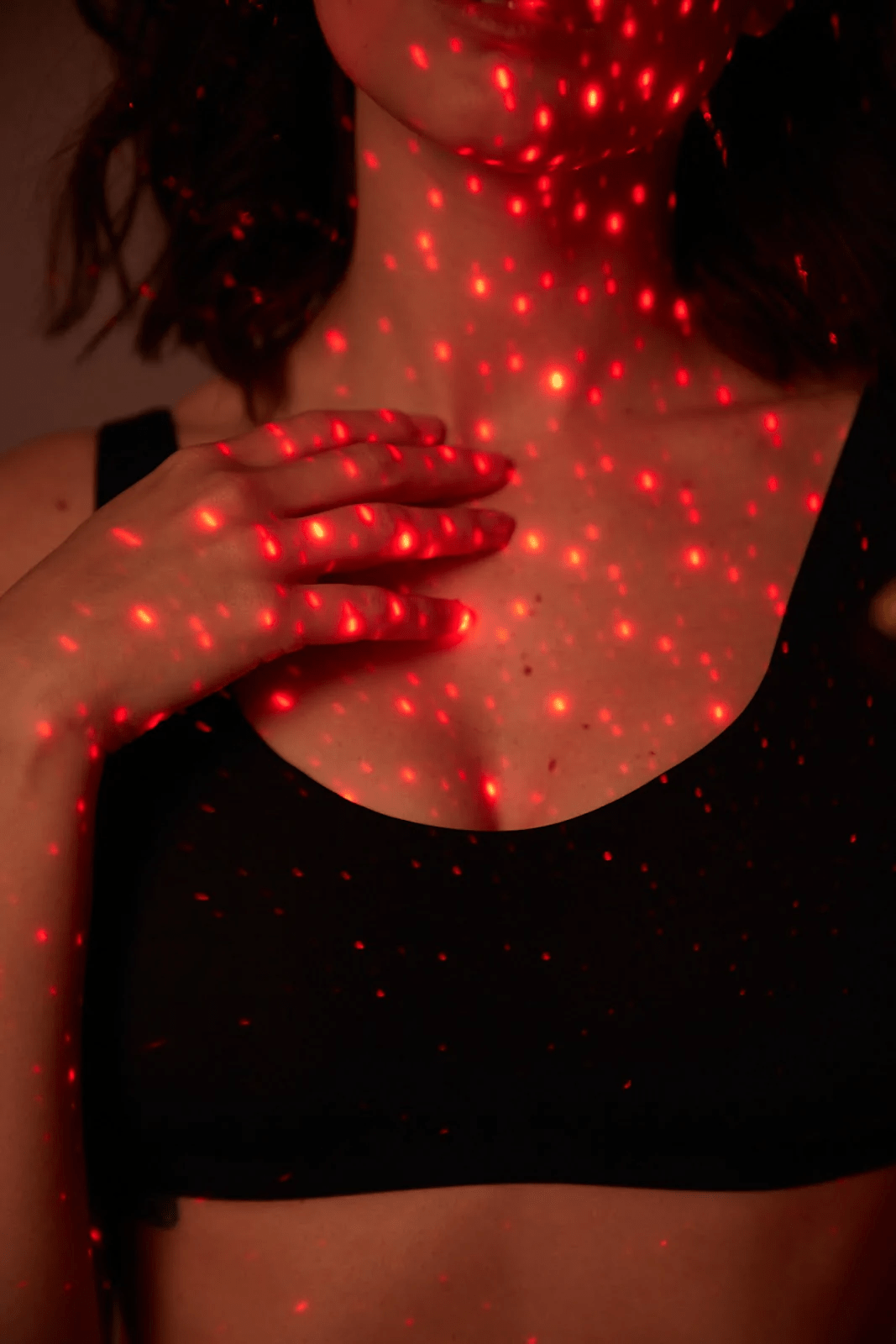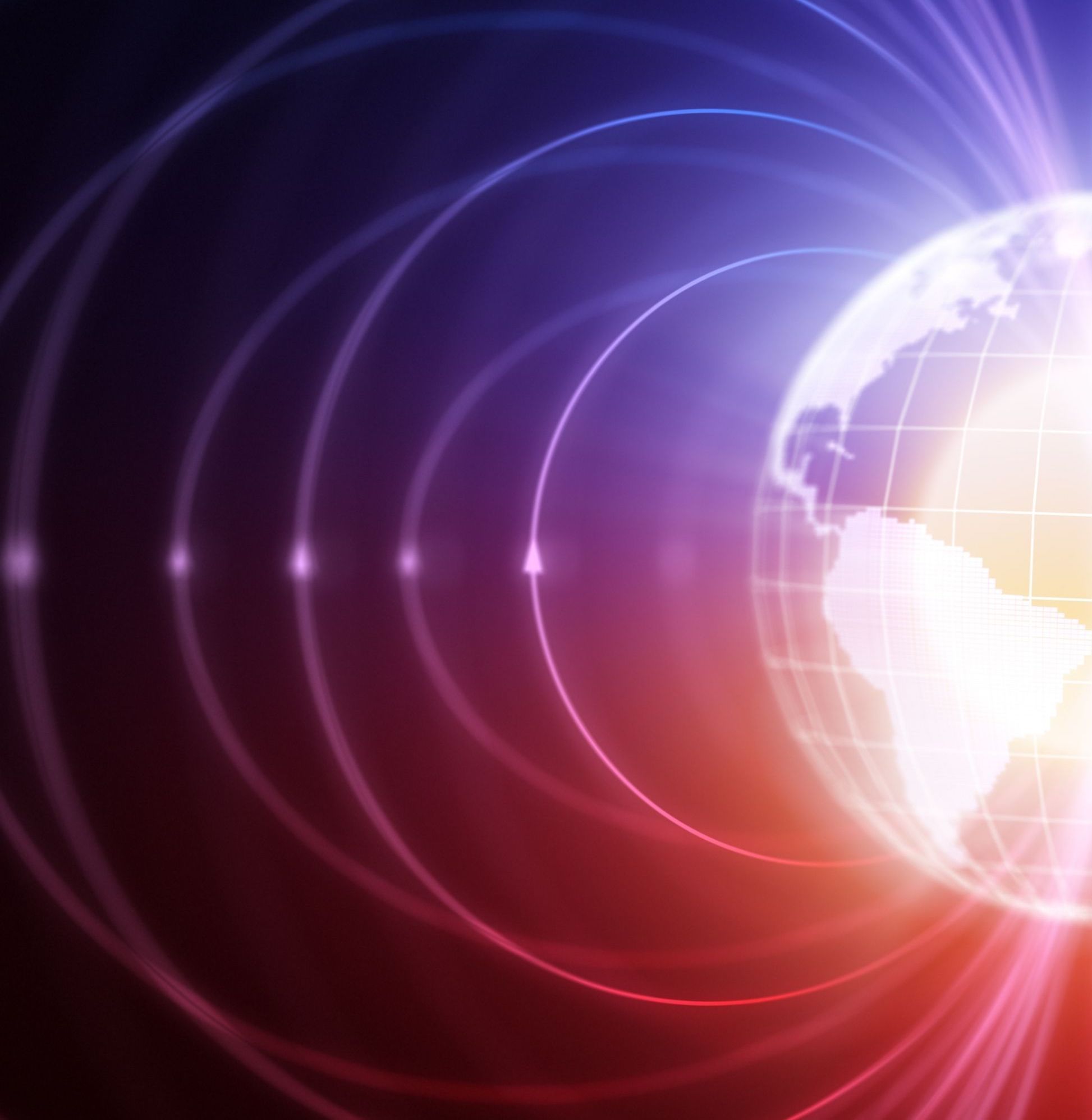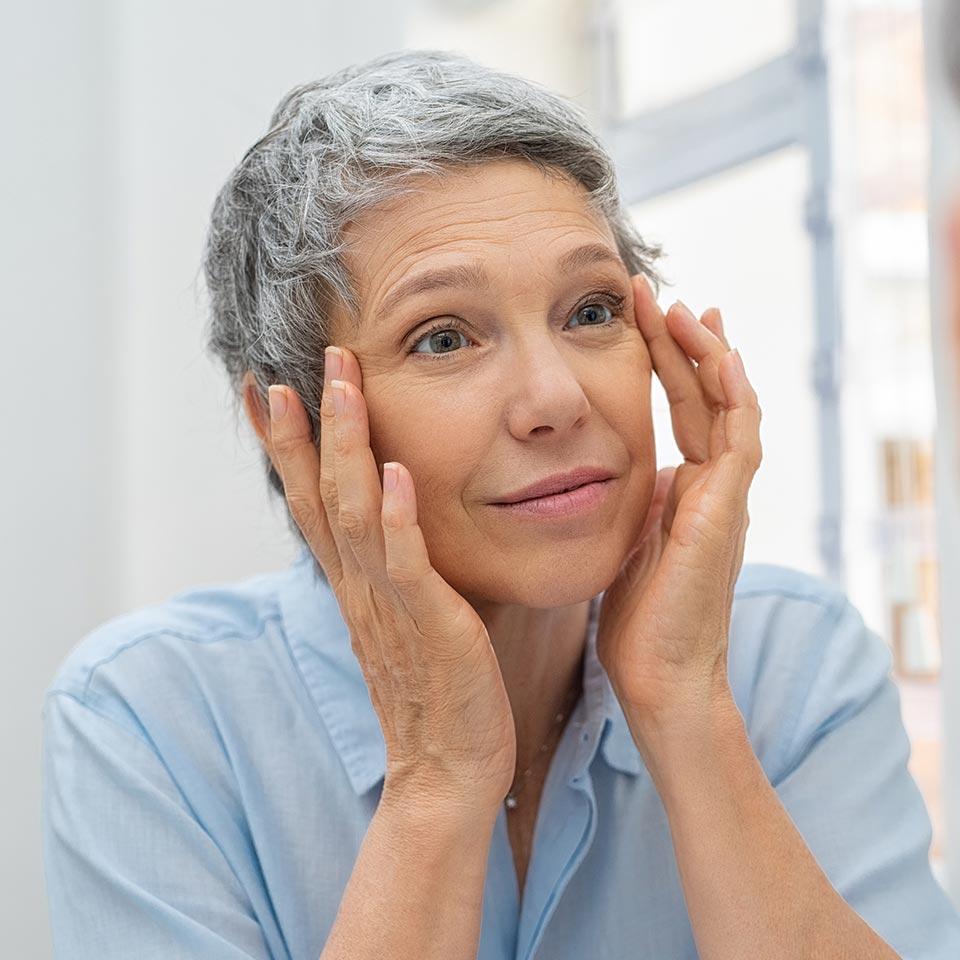
Achieving Thyroid Balance with Light Therapy
The thyroid gland is a butterfly-shaped gland located at the front of the neck. It is responsible for managing the body’s metabolism and growth/development by secreting hormones to regulate literally every cell, organ and tissue of the body. A disturbance in thyroid function can eventually cause widespread health issues. Hyperthyroidism (an overactive thyroid) is a condition in which the thyroid gland produces excessive hormone thyroxine. It could impact different spheres of the health such as heart function, changes the metabolism and is also seen to affect the energy, appetite, sleep, mood and hair and nail growth.
With conditions like hypothyroidism (an underactive thyroid) and Hashimoto’s thyroiditis, aka chronic lymphocytic thyroiditis (an autoimmune disease resulting in the gradual destruction of the thyroid gland), unintended and unmanageable weight gain is often an issue for patients, along with other factors related to hormone fluctuations and such.
Those dealing with thyroid health issues and diseases such as hypothyroidism and Hashimoto’s disease are often left wondering what’s next. When patients have been told the effects are permanent due to cell damage, the best course of treatment is a lifelong “sentence” to hormone adjusting medication such as levothyroxine for hypothyroidism, which can be effective, but is not always the perfect solution. The struggle is stressful, sometimes limiting, and a constant reminder that good health is so important.

Is Medication The Only Option?
Several studies have addressed the use of low-level laser therapy (LLLT), or photobiomodulation (PBM) for the different conditions that align with the disturbance of the thyroid. These studies have revealed an impressively large amount of information on the different effects of LLLT. Lately, the term LLLT has been replaced by the more appropriate term photobiomodulation therapy (PBM).
A recent study, conducted a few years ago has provided data regarding the mechanisms of action of PBM on patients who suffer from hypothyroid. Forty-three participants were recruited to be part of the study 6 years after the end of the trial. Twenty-five were administered LLLT (group L), and 18 were provided with placebo (group P). The outcomes of this study: “frequency of thyroid nodules, which were subjected to fine needle aspiration biopsy and dose of levothyroxine required to treat hypothyroidism, anti-thyroid peroxidase (anti-TPO) antibodies and anti-thyroglobulin (anti-Tg) antibodies.”
The infrared laser that has been used for this clinical trial was made of 830nm and did not contain ionizing radiation; hence, an elevation in the incidence of nodules, including malignant nodules, was not expected in the LLLT group.
The fact that the mechanisms of action of LLLT result primarily from the interaction of the light with endogenous photo acceptors during irradiation, the clinical trial provided significant evidence that LLLT improved thyroid function with a decrease in the attributed dose of LT4 (used for the hypothyroidism treatment). It also allowed a improved the volume, echogenicity and thyroid vascularization pattern in the participants. Finally, it permitted the reduction in serum anti-TPO concentration.
This being said, these findings suggest that for the treatment of CAT-induced hypothyroidism can be alternatively treated with LLLT.
Brazilian researchers have found hope with low level laser therapy for Hashimoto’s thyroiditis patients, through a series of studies on the thyroid gland.
In one study, 15 Hashimoto’s patients were treated with 10 applications of 100 red light therapy (830 nm, output power 50 mW) over their thyroid gland two times per week for a span of 5 weeks. This light therapy is designed to increase circulation to the thyroid gland and boost hormone levels in the process.
After the 5 week study period, participants were able to reduce their levothyroxine dose, with close to half of them achieving normal thyroid function 9 months later, allowing them to stop taking medication altogether and maintain normal thyroid function! The rest were able to reduce their dose of medication - the average levothyroxine dose dropped from 96 +/- 22 mcg/day, to 38 +/- 23 mcg/day. Amazing!
Various studies were conducted in Brazil using laser light therapy, all with impressive results. Along with the aforementioned medication drop off, there was a significant positive change in many participants’ thyroid antibodies, fewer inflammatory cells and white blood cells, less overall thyroid damage, as well as normalization of the size of the thyroid gland.
Details of these studies proved that light medicine is effective in treating thyroid conditions, helping patients lead healthier lives without depending on medications as much, if at all.
While most patients worldwide won’t have the opportunity to participate in such studies, options they can implement at home may be equally effective. Nushape Lipo Wrap for Fat-Loss utilizes the benefits of LED diodes with red and near-infrared wavelengths in similar wavelengths to speed up metabolism, remove toxins from fat cells, and burn calories, resulting in a slimmer silhouette, less unsightly cellulite, a boost in collagen production, decreased inflammation, and benefits towards better metabolism, ATP function, and lymph system function. It is non-invasive with zero side effects. And while this product may not cure hypothyroidism or Hashimoto’s disease, it can be used over the thyroid to help achieve balanced thyroid levels and therefore, improve its functions.
The suggested dosage is similar at several days a week for several minutes at a time, before having your thyroid levels re-tested after 6 weeks to gauge the results. The Nushape Therapy Wrap Mini is also a perfect choice, wrapping comfortably around the neck.
Not only does light therapy help patients with thyroid concerns, but it is beneficial in 30+ different medical conditions affecting millions. Could your condition improve thanks to light medicine? Learn how LED phototherapy can be used for your best mind and body in Light Medicine, by Jessica Charles, free to our customers.

